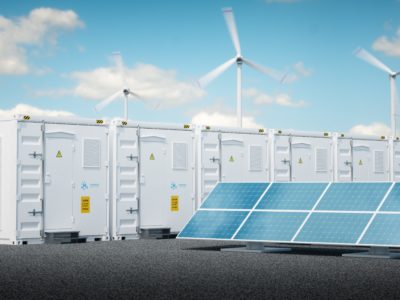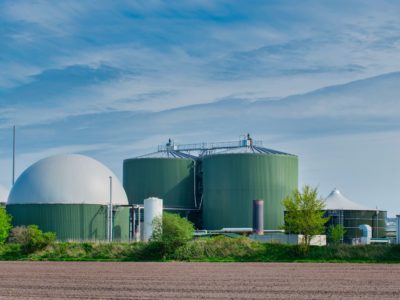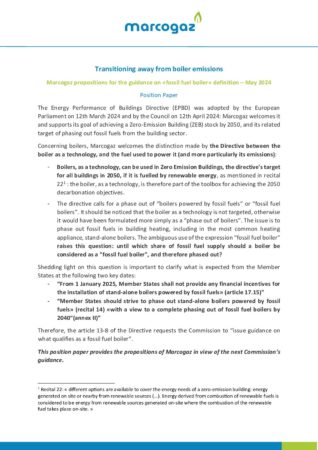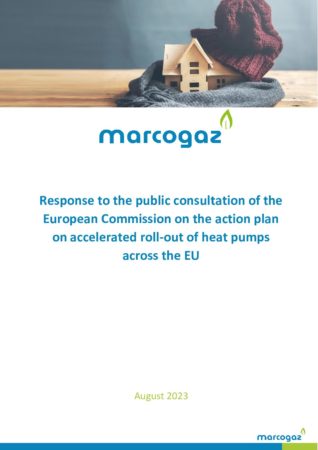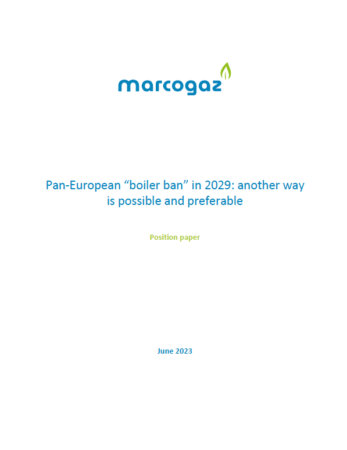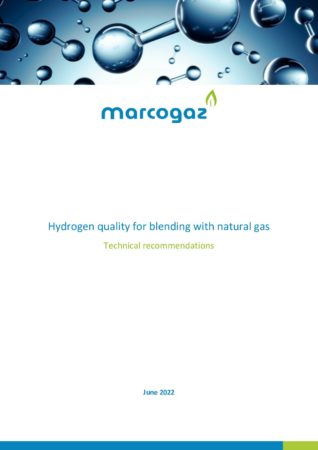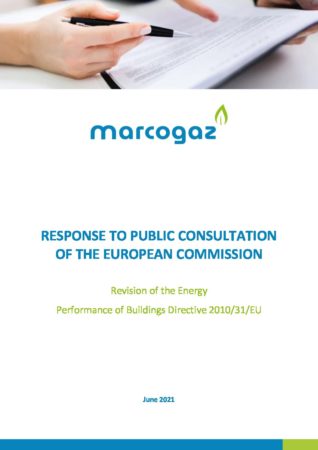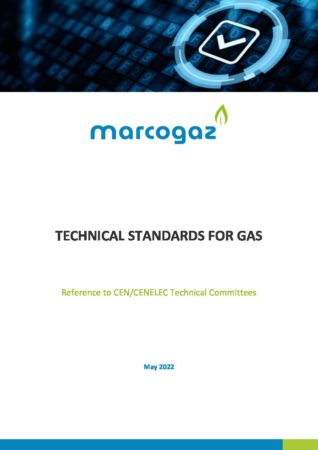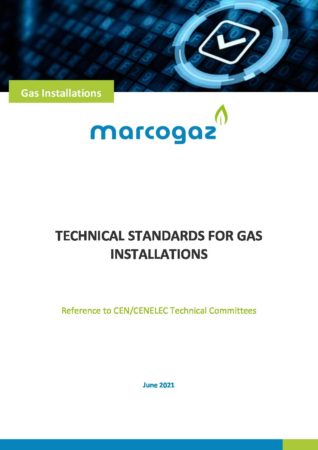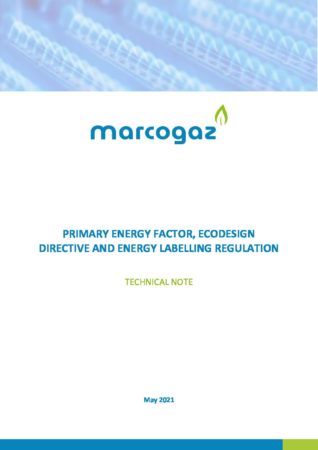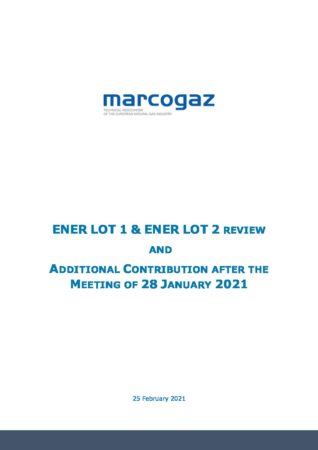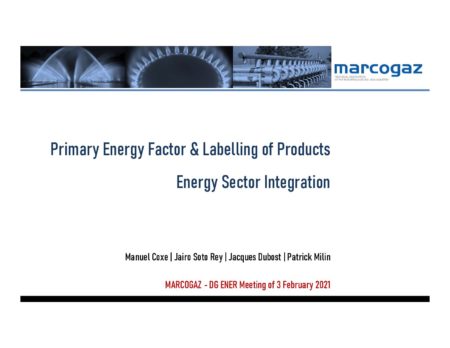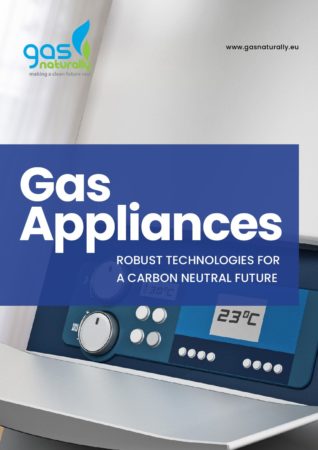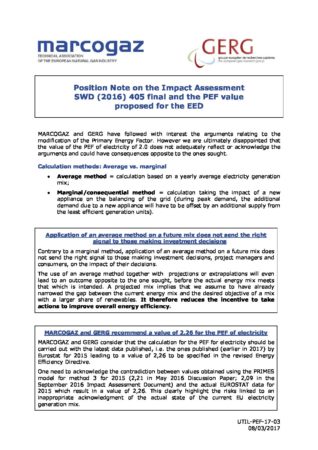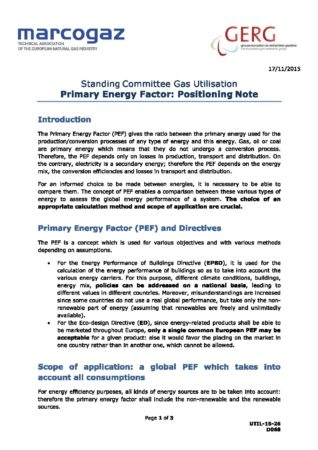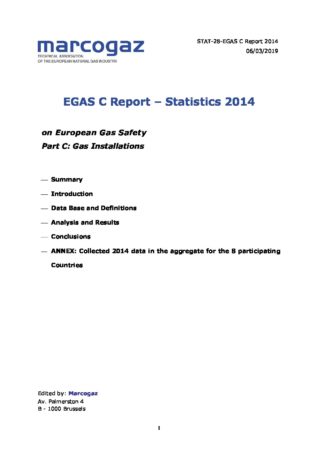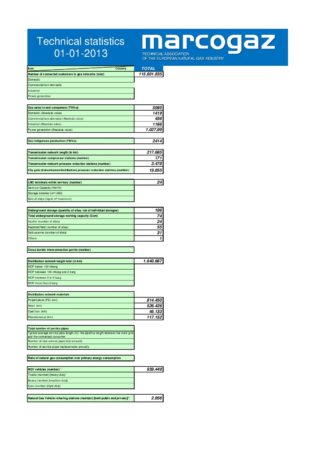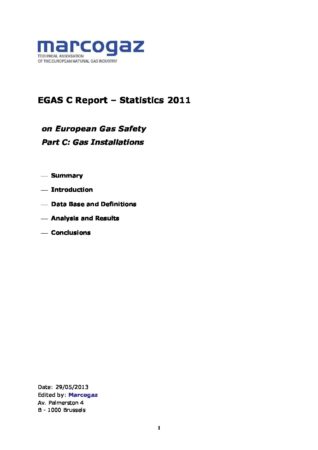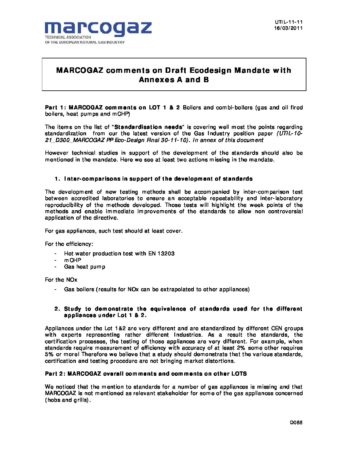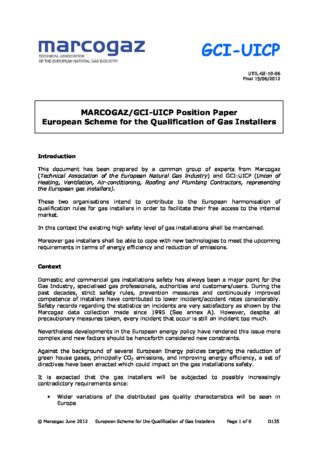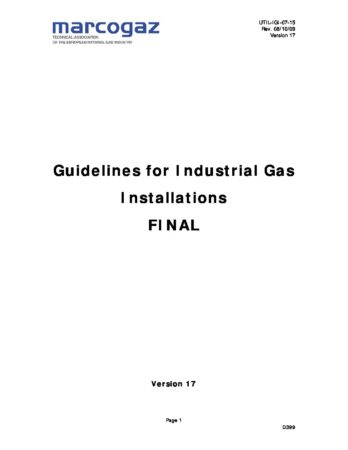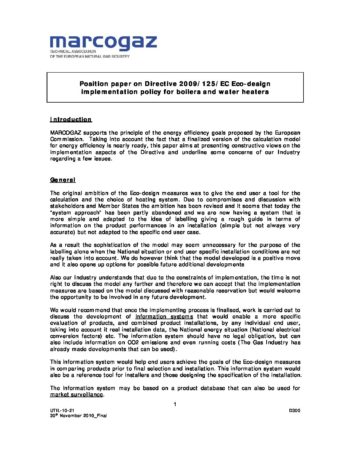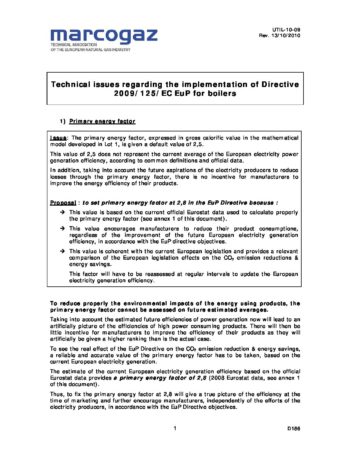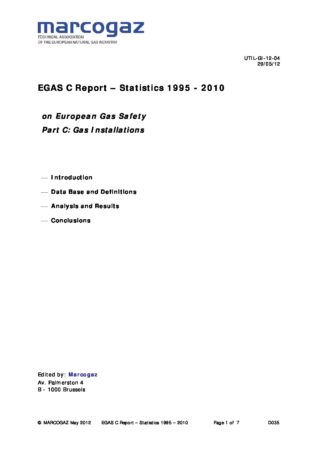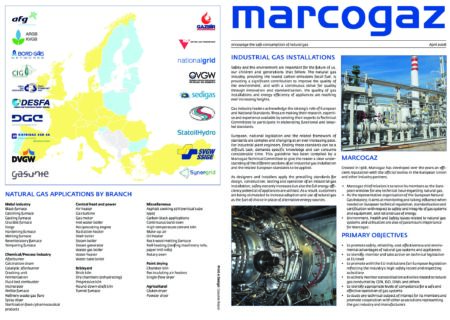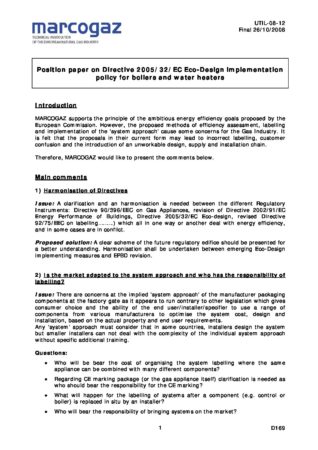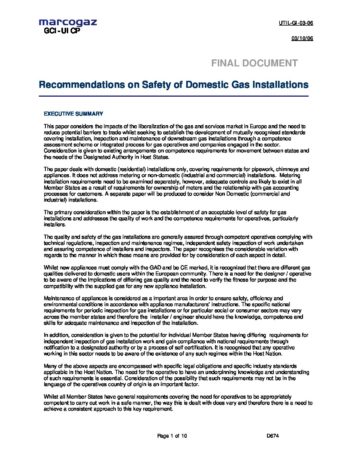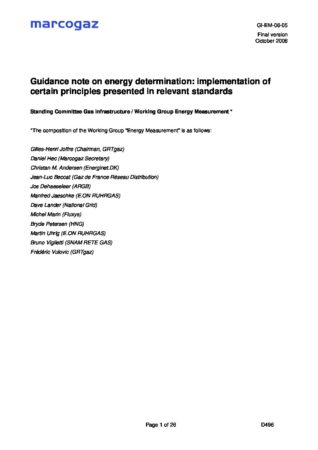Gas Usage (G4)
The end users are the final point in the gas supply chain. They may be residential, commercial or industrial users. To ensure efficient energy usage and support the ongoing energy transition in the EU, it is crucial to comply with European regulations and directives such as the Energy Efficiency Directive, EPBD and EcoDesign. Additionally, other technical considerations including PEF for electricity and gases, CO2 contents or appliance flexibility must be addressed. One key activity related to gas usage is the assessment of the safety parameters of gas installations and the evaluation of the impact of new gases on end-use appliances.
MARCOGAZ develops reports, such as EGAS C, on European gas safety installations to promote better communication on the safety performance of gas installations. The industry collects data on safety records — accidents, injury, fatalities, etc. — related to domestic, residential, commercial and industrial installations. Statistical analysis of this data helps MARCOGAZ produce trends, conclusions and recommendations.
Gas installations used by end users are the appliances and instruments placed downward the gas meters used for billing. Typical gas appliances connected to the grid include gas-fired condensing boilers, hybrid systems (e.g. condensing boiler and solar), gas heat pumps, micro-CHP (combined heat and power production), cooking appliances, hydrogen powered fuel cells. Customers are responsible for the maintenance of their gas appliances. However, MARCOGAZ proactively supports the constant improvement of the safe and efficient use of gas in various appliances and systems, to enhance customers’ safety, also investigating the impact of new gases. Gas installations must comply with technical, safety and environmental regulations. Technically, gas installations are required to operate with excellent efficiency and high reliability. MARCOGAZ engages in discussions on inspections, maintenance and operational skills for these installations. Compliance with regulations is crucial for achieving the highest energy efficiency possible, ensuring supply security, and reducing the climate impact. Therefore, MARCOGAZ closely monitors the developments in new or modified regulatory measures. The experts assess fair treatment of gas use and develop position papers to be addressed to the stakeholders. This positioning is often coordinated with other relevant Associations, to ensure knowledge sharing, concertation on technical topics and a strengthened industry position.

Chair
Kris de Wit

Vice Chair
Patrick Milin



